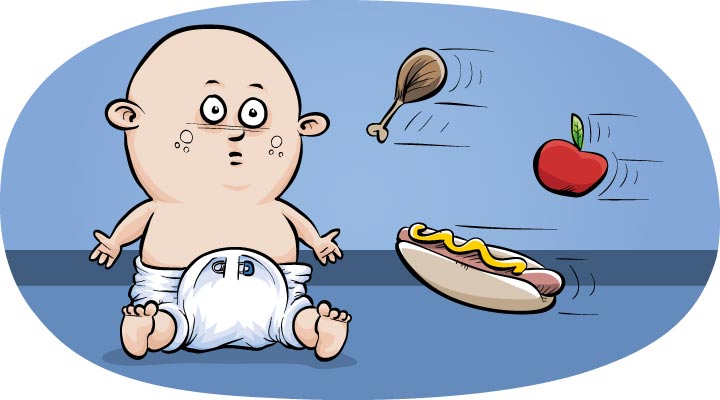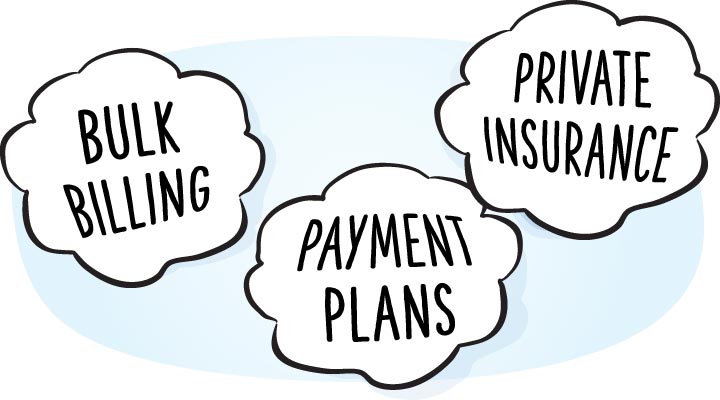(or Recession proofing your mouth)
Unexpected dental costs can be scary to some, especially in times of uncertainty. Here are some things that you can do right now to help you save later.
1. Flossing and brushing will save you money
Surprisingly, only about 20% of the population floss regularly. By not flossing, you are leaving 50% of the tooth uncleaned, creating little hives of activity for bacteria. Some of us floss their teeth 3 times a day – every day.
2. Avoid eating rubbish as it will damage your teeth
Eat foods that are good to your teeth. Fruit, veggies and calcium-containing products are top of the list. Humans are designed for drinking water, not sugar-filled soft drinks.
3. Regular check-ups will save money in the long term
Get your teeth professionally cleaned to remove all the bacteria at least every six months. Like servicing your car, you shouldn’t wait for it to breakdown. Regular checkups help avoid significant bills.
4. Get a full dental examination
This typically involves X-rays so that by the end of the visit, you know what every tooth is doing. We give our patients all their options for each tooth and the mouth as a whole. It is then up to you to decide what path you want to take. The main point of this is that there are no surprises left in your mouth. Sudden dental problems can also be painful on the wallet.
5. Is that mouth wash necessary?
If you are doing all of the above, you really don’t need one. Unless of course, it has been prescribed by your dentist or hygienist.
6. Are you getting value from your health cover?
According to the ADA, “extras cover may not offer you value for money”. If you are not frequently using dental services, “you would be better off putting money aside for these services should you eventually need them”.
7. Teeth grinding and clenching
If you know that you are grinding or clenching your teeth, then get a splint to wear at night time. We spend many a day fixing the problems that this causes. Issues such as fractured teeth, teeth getting smaller with time, killing nerves, destroying the bone around the teeth so they become loose, and the list goes on and on. Many of these can be avoided with a night time splint. The cost of a splint could save you thousands in dental care down the track.



